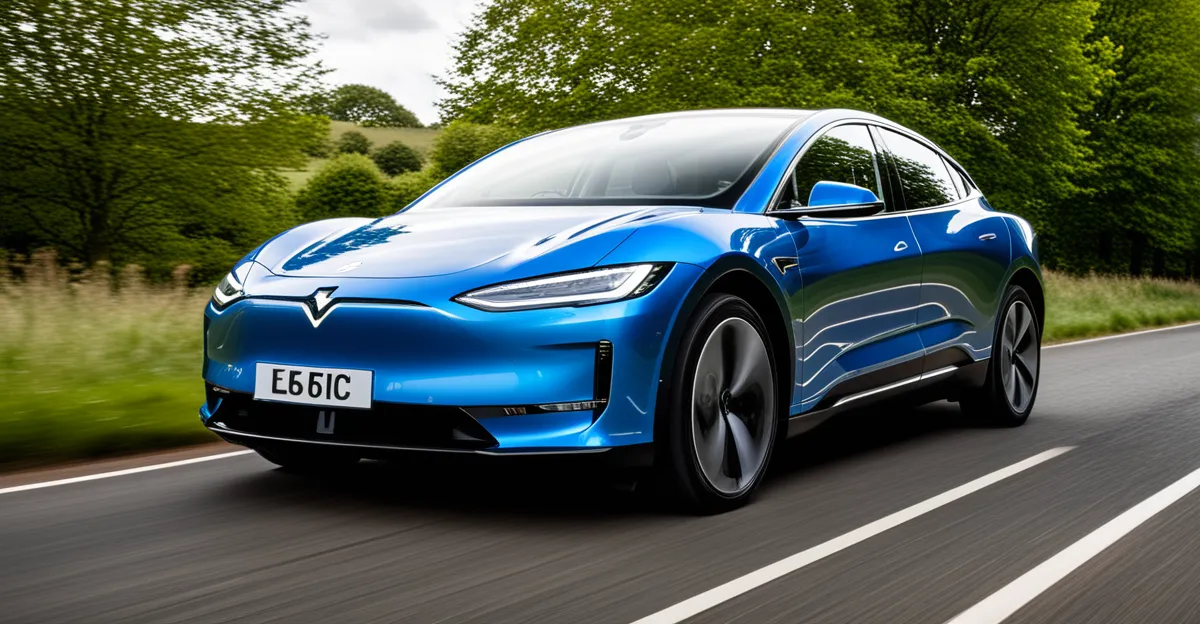Impact of Electric Vehicle Adoption on UK Car Manufacturing
The Electric vehicle manufacturing UK sector is undergoing a significant transformation as rising EV demand pressures traditional UK auto industry operations. Manufacturers are reshaping priorities, focusing heavily on EV production trends such as battery integration and advanced electronics. This requires large-scale factory retooling and upgrading of manufacturing lines. For example, assembly plants once dedicated to internal combustion engines (ICE) are now being adapted or built anew to accommodate EV-specific processes.
Traditional automakers face fierce challenges but also opportunities. Many are investing substantially to pivot, incorporating electrification into their portfolios to stay competitive. Meanwhile, new industry entrants specializing solely in EVs are driving innovation, further accelerating the transformation. These shifts are necessitating new skills and collaborative models along the supply chain to ensure efficient EV production.
Topic to read : What Are the Latest Innovations Influencing the UK Automotive Industry?
The UK’s transition reflects a broader UK auto industry transformation, with evolving production capacities aligned to future mobility demands. Investing in cutting-edge manufacturing technologies ensures UK car manufacturing remains competitive globally, owning a slice of the expanding EV market. As EV adoption grows, so does the need for agile and innovative manufacturing strategies focused on sustainable production practices.
Effects on Employment and Workforce Skills
The shift toward electric vehicle manufacturing UK is reshaping automotive jobs UK significantly. As demand grows, job displacement occurs within traditional vehicle manufacturing due to reduced need for internal combustion engine expertise. This shift creates an EV skills gap as roles focus more on battery technology, software integration, and electrification components.
Have you seen this : How Can the UK Automotive Industry Drive Future Economic Recovery?
Employment trends in the auto sector reveal increasing demand for workers skilled in advanced electronics, battery assembly, and EV-specific engineering. Reskilling programs and apprenticeships are essential to support this workforce transition. For example, assembly line roles must adapt to handle new EV production standards and automated processes.
Government and industry initiatives actively address workforce challenges. Efforts include funding for retraining schemes and partnerships between manufacturers and educational institutions to bridge the EV skills gap. This promotes sustainable employment growth aligned with the evolving UK’s auto industry transformation.
In summary, the evolving electric vehicle manufacturing UK landscape necessitates focused upskilling and labour market support. While traditional roles decline, emerging opportunities for skilled workers highlight a transformative period in automotive employment. Embracing these changes will ensure a resilient, future-ready workforce within the sector.
Supply Chain Transformation and Battery Production
The electric vehicle supply chain UK is undergoing a pivotal shift from traditional internal combustion components to EV-centric materials and parts. This transformation requires new supplier networks tailored for battery cells, electric motors, and power electronics. A crucial element is the expansion of EV battery manufacturing within the UK, highlighted by the emergence of UK gigafactories designed to boost local production capacity and reduce reliance on overseas suppliers.
These gigafactories focus not only on volume but on innovation in battery chemistry and production efficiency, contributing to stronger supply chain resilience. Local sourcing of raw materials, such as lithium and cobalt, remains a challenge, necessitating coordinated efforts across the supply chain to ensure sustainable and secure inputs.
Adapting supply chains involves overcoming complex logistics, high capital investment, and aligning with EV production trends emphasizing lighter, more efficient batteries. However, successfully localizing key components offers UK manufacturers a competitive edge amid the UK auto industry transformation. Overall, the evolving electric vehicle supply chain UK is critical to supporting growing production demands and meeting ambitious decarbonisation targets.







